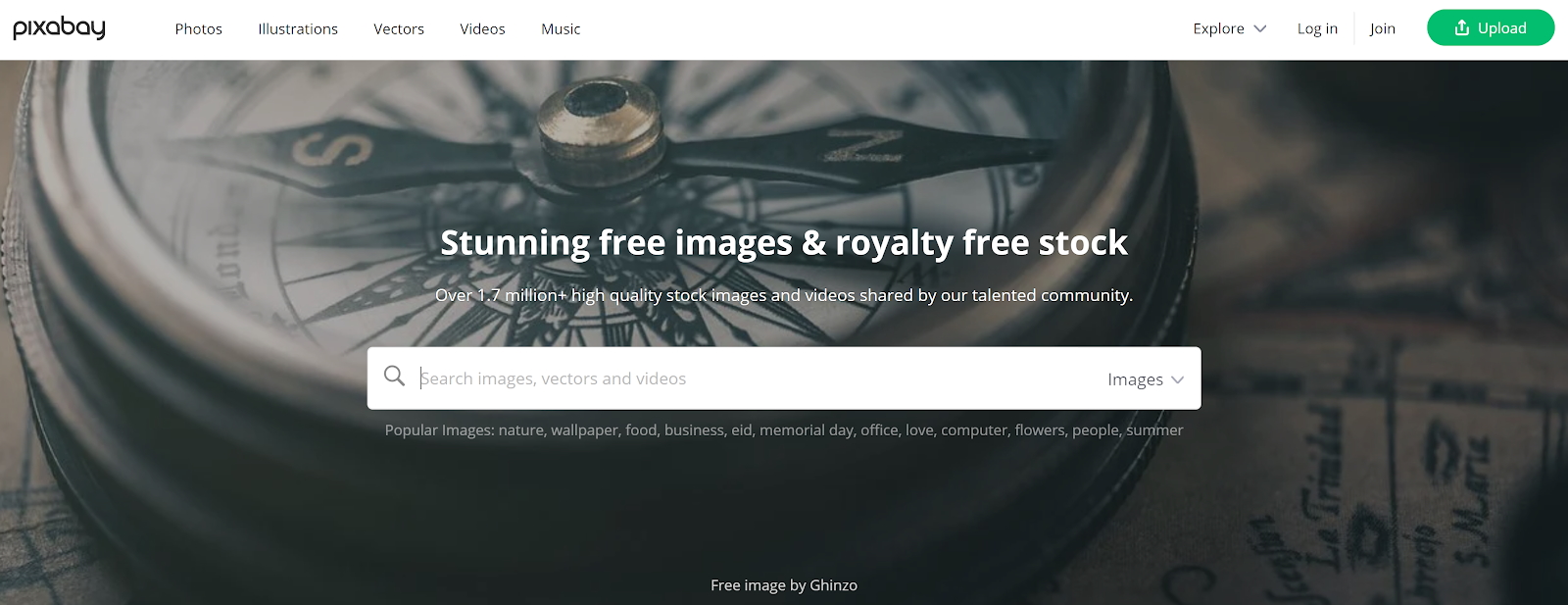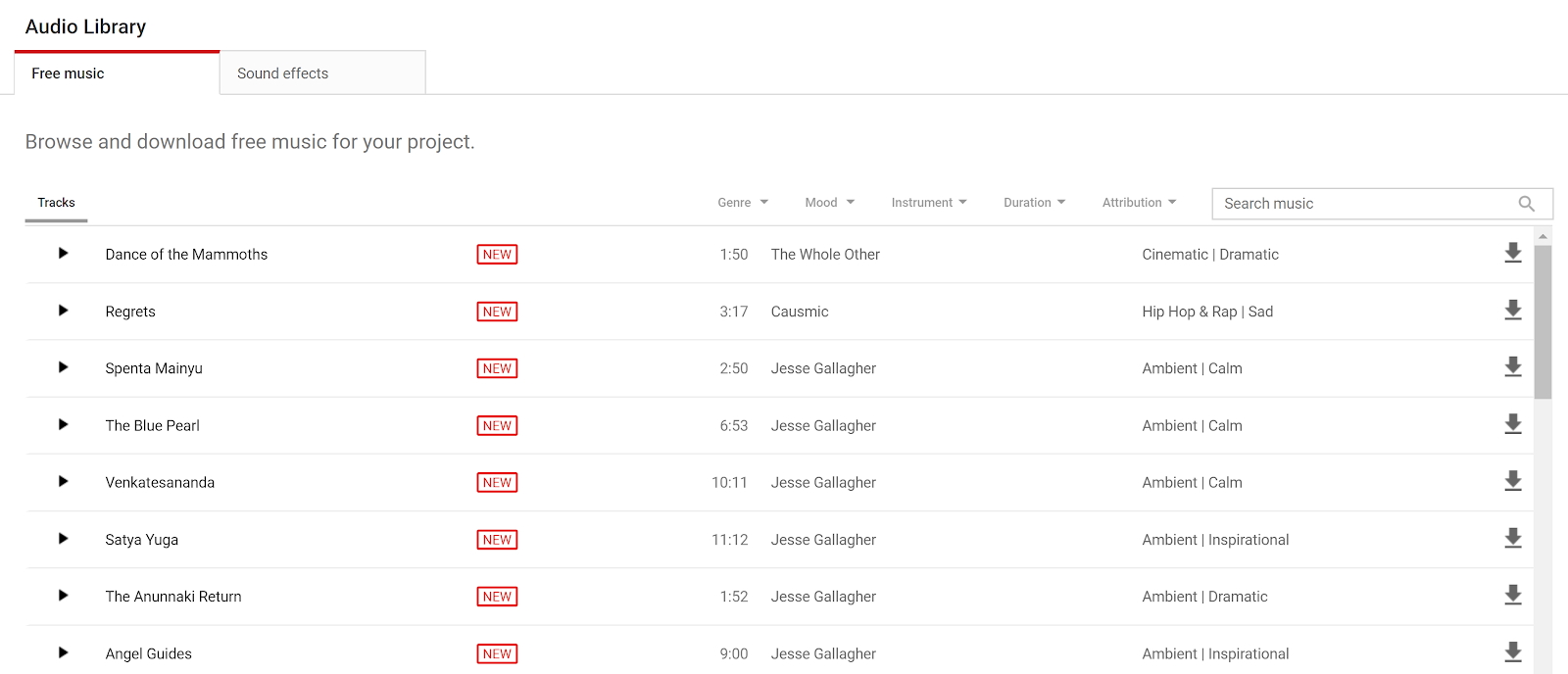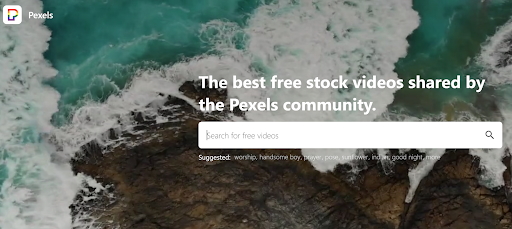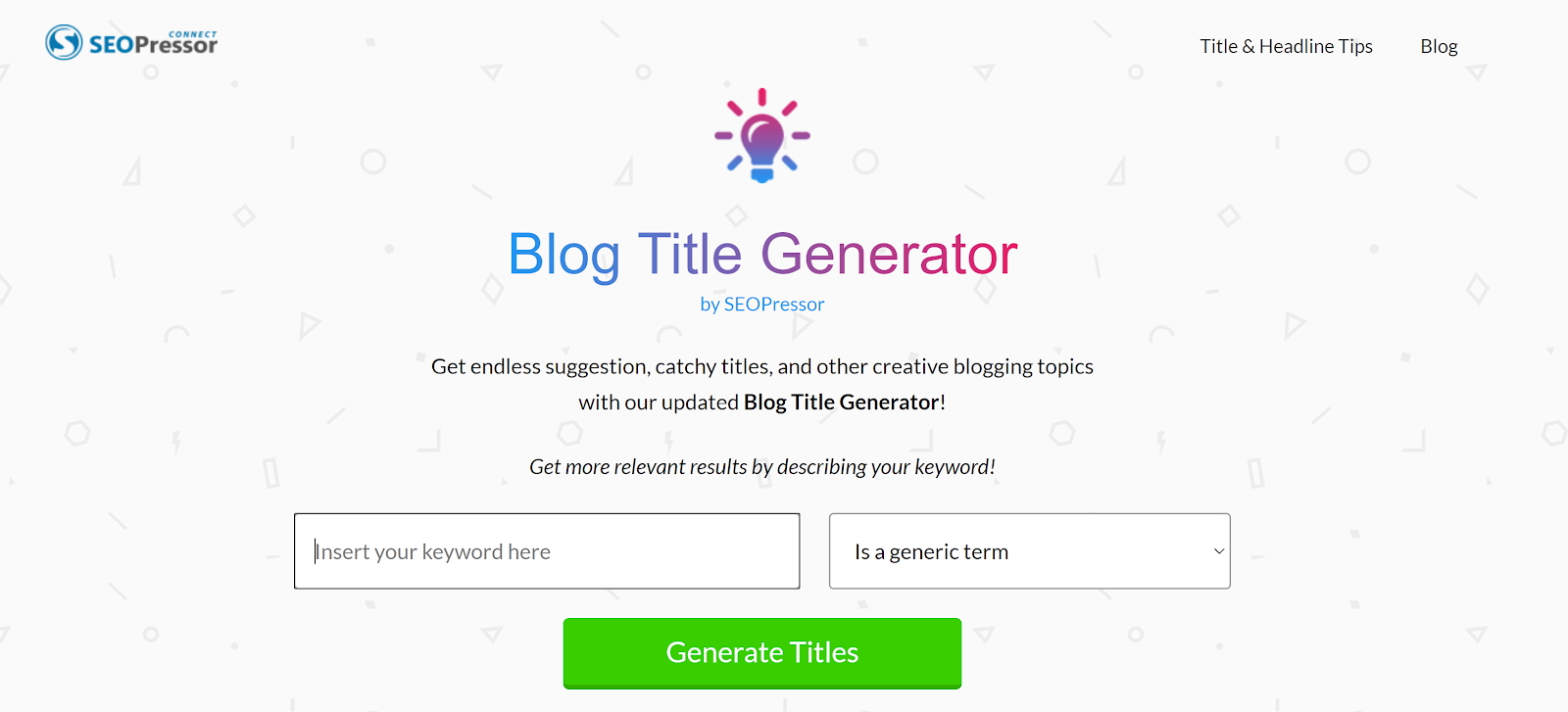6 ways to get free website content legally and without fuss
Get top-quality, free website content for your site

After first choosing and then registering a domain name, signing up for one of the best web hosting services, designing your site, and using one of the best website builders to create it, you still need to find and publish website content.
Crafting your business's online presence can be both expensive and time-consuming, and website content is integral to site performance. Consequently, high-quality, engaging content will ultimately keep visitors coming back to your site, and potentially become loyal customers.
However, sometimes the expensive cost of licensing or creating images, videos, articles, and more can be beyond a lot of small businesses. Thankfully though, the internet is full of reputable and reliable resources that you can utilize to fill pages with top-quality free website content, to keep your site updated and fresh.
Remember that you get what you pay for when it comes to online content, and this is an important caveat: images, videos, and features will be better if paid for than what you get for free.
Another critical point, which is key to keeping your free website content legal, is to ensure that what you use is legally allowed to be reused on your site. If you use content without permission, you can get into legal trouble very quickly. We've outlined below six ways to get free website content legally and easily, to bolster your website's presence and improve your traffic.
1. Free articles

Want to add a blog post to your website to boost your SEO (search engine optimization)? The good news is that you don’t necessarily have to create all your own content from scratch. There are plenty of free articles online that you can repurpose at no cost, written by people who simply want to get their work out into the world.
There are a number of sites where anyone who wants to see their work published can go. EzineArticles is one of the largest databases of freely available articles, with more than half a million authors contributing work to the site. The topics covered vary widely—anyone can write about whatever niche subject interests them most—so you should have no problem finding content that fits your website’s theme.
Get instant access to breaking news, the hottest reviews, great deals and helpful tips.
If you need more content, check out these five sites where writers are frequently adding fresh, free-to-use content:
- Amazines, which sports articles on a wide selection of topics
- Article Sphere, which you can use to create an RSS feed on your website
- ArticleCity, which offers particularly high-quality articles
- Articles Factory, which focuses on technical writing
2. Free graphics

Images and graphics are key to making your site visually appealing to visitors. While you might not be able to get the photo you want to put on your homepage for free, you can turn to free images to cheaply add media to the rest of your website.
There are a handful of sites you can turn to for free photos, including Pixabay, Pexels, Unsplash, and Negative Space. Many of the images on these sites are impressively professional and can be downloaded in full resolution if needed.
You can also find free vector graphics online at sites like Vector Portal, Stockio, Vector4Free, and Vexels. Since these are vector images, they can easily be modified and customized using software like Adobe Illustrator. This is a good option for tailoring free content for your website without spending a ton of time and money on graphics.
3. Copyright-free music

Just as you need to ensure your website has properly licensed text and images, you also need to make sure you’re using copyright-free music. More and more services are operating on the web to detect the unlicensed use of copyrighted music and audio files, so it’s easy to get caught if you’re lax about this. This is especially important if you’re creating your own video to add to your website.
Thankfully, there are plenty of resources you can turn to for free or low-cost tracks. Some of our favorite databases are:
Make sure to check the fine print that comes with any audio files you decide to use. Some are not allowed to be modified with editing software, and others require that you credit the artist on your site.
4. Free videos

Adding a video to your website is a great way to give it a more professional experience and capture your visitors’ attention. While you aren’t likely to find a free video that perfectly captures your website branding or messaging, you will find plenty of free video clips that you can use to build your own video.
These stock clips can be extremely helpful if you’re working on a tight budget. Gather enough of them, and you may not need to shoot any new footage at all. Then it’s just a matter of splicing together frames on your computer and voila! You’ve got a new video for your website.
So, where can you go to find copyright-free video clips? Pixabay and Pexels Video are two of the most reliable sources for high-quality videos. If you don’t find what you need there, you can try out Stock Footage 4 Free, Videezy, Videvo, and Clipstill.
5. Just ask
One of the best ways to get free content for your website is to ask. Many writers and website owners are more than happy to have their articles, photos, and videos repurposed for another site. You get content to help build your site, and they get to have their work displayed to a wider audience than it would otherwise reach.
To go this route, find a blog post or a photo on another website, and then email the author to ask about repurposing it. You should always credit the original creator on your site, and make it clear in your email that you plan to do so. You can also give some background about your website and why you think their work is a good fit for your audience.
Of course, you do need to do some vetting when choosing who to email. A competitor in your industry probably isn’t going to allow you to reuse content, for example. It also helps to look for websites that don’t see a ton of traffic, since the owner stands to benefit more from having their content reappear on your site.
Remember, the worst thing that can happen is that the site owner you email denies your request. It only takes a few minutes to find content and send off an email—and one positive response can save you several hours of work.
6. Idea generators

If you’re a capable writer but just aren’t sure what to write about, an idea generator can help. These online tools, like SEOPressor, simply require you to input some keywords that relate to your website or business. From that, they will spit out some potential blog post titles that you can flesh out into complete articles.
This is a little more time-consuming than other methods of generating free content since you still have to write the article itself. But, having a title can help you get started as well as keep you on track for hitting keywords that can boost your website SEO.
Further reading on web hosting and website builders
Learn how to build a website for free to save your business more money, and how simple web design can help boost site performance. On SEO, learn about the web hosting factors that can affect it, and six essential web SEO tools to utilize. Finally, on a legal basis, find out how to make your website GDPR compliant.
Michael Graw is a freelance journalist and photographer based in Bellingham, Washington. His interests span a wide range from business technology to finance to creative media, with a focus on new technology and emerging trends. Michael's work has been published in TechRadar, Tom's Guide, Business Insider, Fast Company, Salon, and Harvard Business Review.
 Club Benefits
Club Benefits






